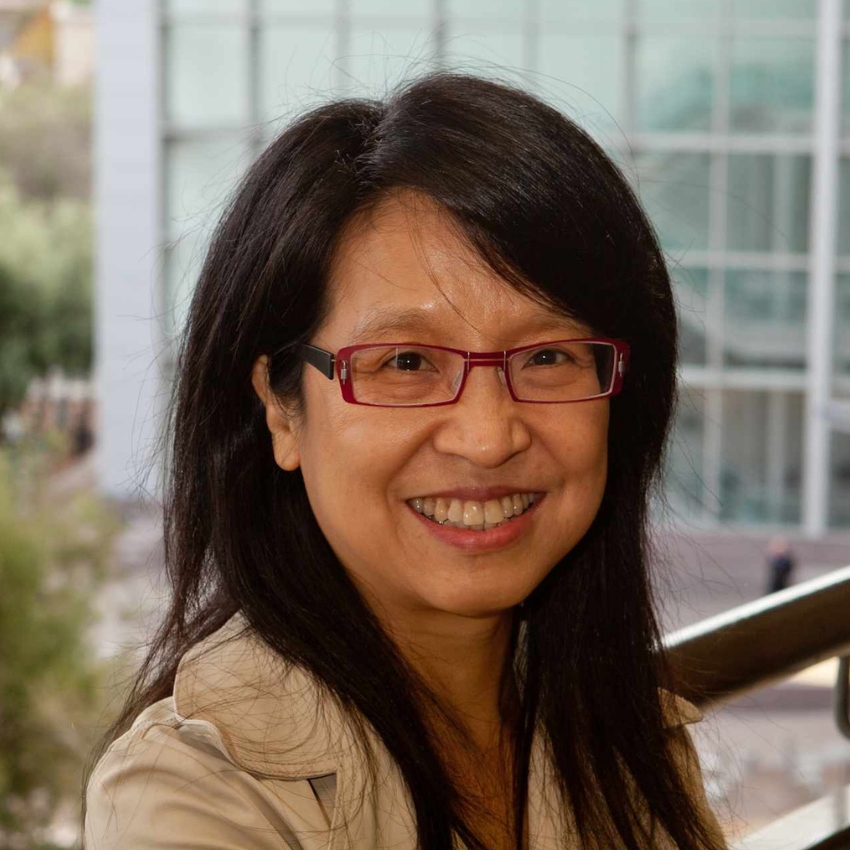
Kleiner Perkins, Mayfield, Sequoia Capital Professor, Computer Science Department, Stanford University, the USA; Faculty Director, Stanford Open Virtual Assistant Laboratory, the USA
Dr Monica Lam is the Kleiner Perkins, Mayfield, Sequoia Capital Professor in the School of Engineering at Stanford, in the Departments of Computer Science and, by courtesy, Electrical Engineering. She is the Faculty Director of the Stanford Open Virtual Assistant Laboratory. Professor Lam is a member of the National Academy of Engineering and an ACM Fellow. Professor Lam has won numerous best paper awards and has published over 150 papers on natural language processing, machine learning, compilers, computer architecture, operating systems, high-performance computing, and HCI.
Professor Lam's recent research on natural language processing led to the creation of the first conversational virtual assistant based on deep learning, which received Popular Science's Best of What's New Award in Security in 2019. She co-authored the Dragon Book, the definitive text on compiler technology. She was on the founding team of Tensilica, the first startup in configurable processor cores. She received a B.Sc. from University of British Columbia and a Ph.D. from Carnegie Mellon University.
Just as how the calculator (and later the computer) changed how we work with numbers, generative AI is like a “word calculator” that will forever change how we work with knowledge. In particular, Large Language Models (LLMs), such as GPT-4, have already demonstrated that they can pass the bar and the medical licensing exams. However, one of the major obstacles to deploying LLMs is that they are untrustworthy: they are known to hallucinate, making up groundless facts arbitrarily.
This talk explains how LLMs work and how we can teach LLMs to be truthful by grounding it with external knowledge corpora. The speaker expects LLMs to be assisting and even automating many professions in the future, and they will open new avenues for research and discovery.
Understanding this impending revolution in the workplace will help us prepare for the future.
